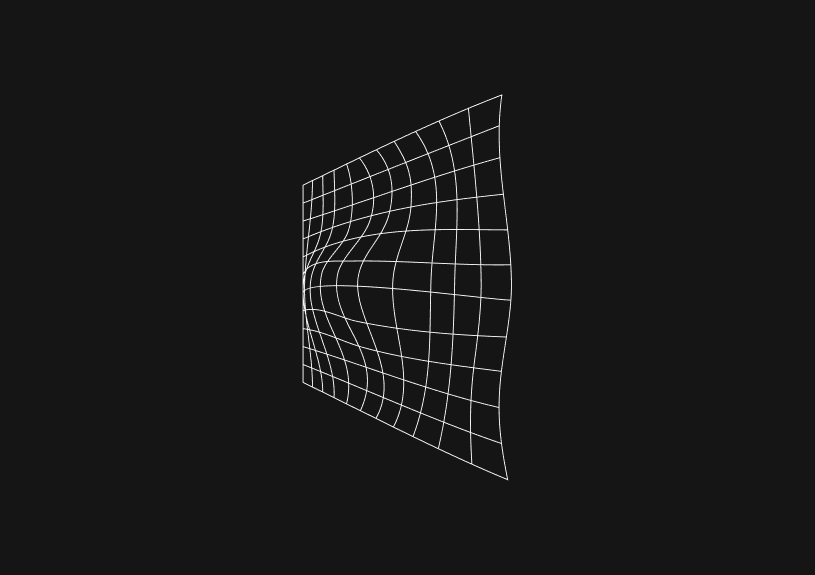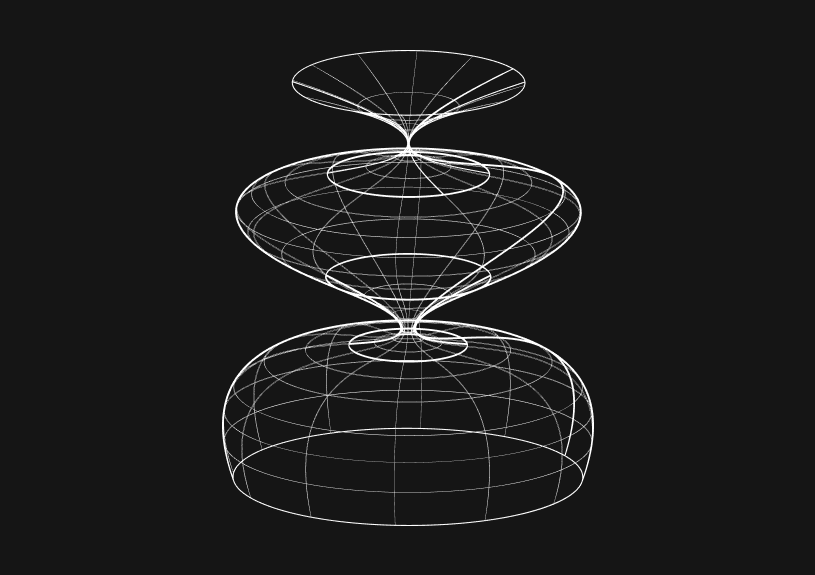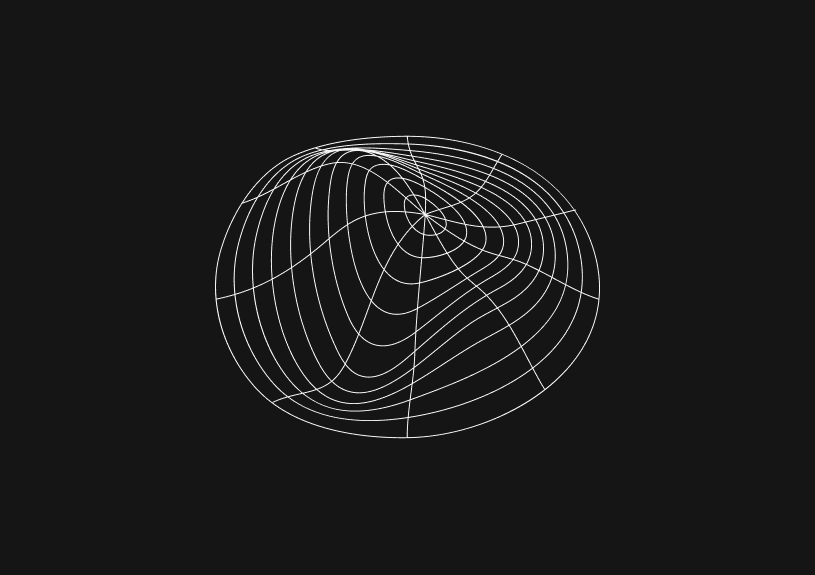
How to Group By Hour in MySQL
Grouping data by hour in MySQL involves extracting the hour part from a datetime or timestamp column and using it in a GROUP BY clause. This technique is commonly used in time series data analysis, allowing you to aggregate data based on hourly intervals.
Understanding the HOUR function
MySQL's HOUR() function extracts the hour from a time value. It's crucial in grouping data by hour. Here's a basic syntax:
SELECT HOUR(time_column) AS hour FROM your_table;
Simple hourly grouping
To group records by hour, use the HOUR() function within the GROUP BY clause. This approach aggregates data for each hour of the day (0-23).
SELECT HOUR(datetime_column) AS hour, COUNT(*) FROM your_table GROUP BY HOUR(datetime_column);
Grouping by date and hour
When dealing with timestamps, you often need to group by both the date and the hour to avoid mixing data from different days.
SELECT DATE(datetime_column) AS date, HOUR(datetime_column) AS hour, COUNT(*) FROM your_table GROUP BY DATE(datetime_column), HOUR(datetime_column);
Handling time zones
If your data involves different time zones, convert the datetime to a consistent time zone before grouping.
SELECT CONVERT_TZ(datetime_column, '+00:00', your_timezone) AS converted_time FROM your_table;
Then, use converted_time for grouping.
Aggregating results
Combine the GROUP BY clause with aggregate functions like SUM(), AVG(), or COUNT() to summarize data.
SELECT HOUR(datetime_column) AS hour, SUM(value_column) FROM your_table GROUP BY HOUR(datetime_column);
Advanced usage with date ranges
For more complex scenarios, such as filtering within specific date ranges, combine WHERE with GROUP BY.
SELECT HOUR(datetime_column) AS hour, COUNT(*) FROM your_table WHERE datetime_column BETWEEN '2023-01-01' AND '2023-01-31' GROUP BY HOUR(datetime_column);
Visualizing results
After grouping and aggregating data, you may want to visualize the results. Tools like Basedash can help with this. You can generate charts and dashboards from your data, making it easier to interpret the grouped data.
Invite only
We're building the next generation of data visualization.
How to Add Columns to MySQL Tables with ALTER TABLE
Robert Cooper
How to Add Columns to Your MySQL Table
Max Musing
Pivot Tables in MySQL
Robert Cooper
How to Rename a Table in MySQL
Max Musing
How to Optimize MySQL Tables for Better Performance
Robert Cooper
How to Display MySQL Table Schema: A Guide
Jeremy Sarchet





